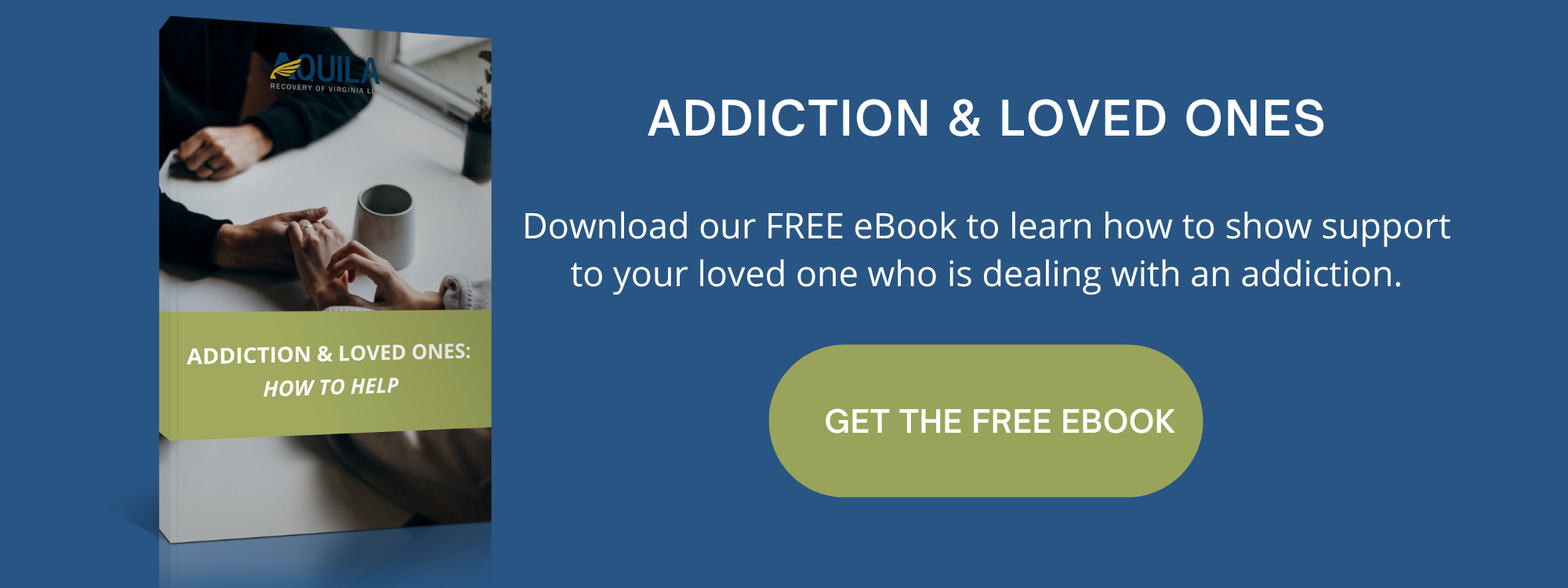It is easy to stop. Just don’t pick up the bottle. Just don’t lift the bottle to your mouth. Just don’t go to the liquor store. Don’t go to the same places and be around the same people who have always gotten you in trouble in the past. It’s a decision. Just decide to stop using substances. If it’s that easy, why can’t I stop? Am I a bad person? Is there something wrong with me? Why do I continue to destroy my life and the lives of those around me? Why do I treat myself and others so horribly? If you struggle with drug or alcohol addiction, these thoughts have probably run through your mind a thousand times. You might have heard them said to you by a coworker or loved one.
You have seen the devastation that substance use disorders cause. Yet, you struggle. You continue to do the one thing that you know is destroying your life and the lives of those around you. These thoughts are derived from our society’s old view of substance use disorders. The Surgeon General’s recent report on substance use disorders in America lays out a new vision.
Character Flaws
“Scientific breakthroughs have revolutionized the understanding of substance use disorders. For example, severe substance use disorders, commonly called addictions, were once viewed largely as a moral failing or a character flaw, but are now understood to be more chronic illnesses characterized by clinically significant impairment in health, social function, and voluntary control over substance use. Although the mechanisms may be different, addiction has many features in common with disorders such as diabetes, asthma, and hypertension.
You will probably not hear anyone speak of diabetics, asthmatics, and those of hypertension with the same tone or attitude that they would speak of someone with a substance use disorder. Yet, the Surgeon General’s report states that these diseases have similar features. Recent research has shown that diabetics have abnormalities in their brains that cause them to feel less full after a meal than those without diabetes. These neurochemical abnormalities may have similar features to chemical abnormalities in the brains of those struggling with a substance use disorder.
So, while a person with a substance use disorder may understand their difficulties and truly desire to quit, their brain chemistry works against their ability to just “make that decision” to stop. It is easy to see why it is difficult for those struggling with substance use disorders to quit all on their own.
Reach Out To Aquila Recovery
The good news is, that research has resulted in effective treatments for substance use disorders. So, the most important decision might not be just to quit, it might be to get help quitting. If you or a loved one is struggling with a substance use disorder, please reach out to professionals in your area for help.

